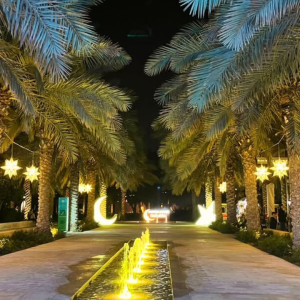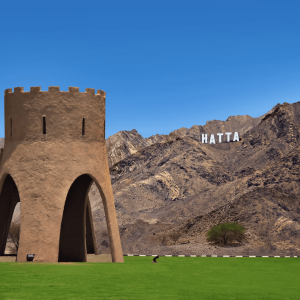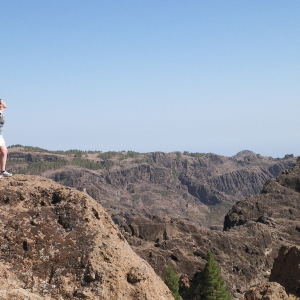Landmark Legal Decision Shocks Activist Community
In a significant development, Lebanese authorities have approved the extradition of Egyptian activist Yusuf al-Qaradawi to the UAE. The decision has sent ripples through international rights groups and activist communities, who have expressed concerns over the implications of this move. Al-Qaradawi, a prominent figure known for his political activism and controversial statements, had been residing in Lebanon for several years.
Background of al-Qaradawi’s Arrest
Al-Qaradawi was apprehended in Beirut under an international warrant issued by the UAE, citing charges related to his alleged involvement in activities undermining the country’s security. The activist’s legal team has consistently denied these accusations, describing them as politically motivated and lacking substantial evidence.
According to legal sources, the UAE sought al-Qaradawi’s extradition to face trial on charges that include incitement and affiliation with banned organizations. Lebanese officials confirmed that their decision adhered to international extradition agreements and legal protocols.

Legal and Diplomatic Implications
The extradition approval marks a pivotal moment in Lebanon’s legal and diplomatic landscape. Legal experts note that Lebanon’s compliance with the UAE’s request highlights the growing cooperation between the two nations in security matters.
However, human rights advocates have voiced concerns over potential violations of due process and the activist’s safety upon extradition. “This decision sets a concerning precedent for the protection of activists and dissidents in the region,” said a representative from an international human rights organization.

International Reactions
The decision has drawn mixed reactions from the global community. While some officials praised Lebanon for upholding its legal obligations, others questioned the transparency and fairness of the extradition process.
Egyptian activists and supporters of al-Qaradawi have taken to social media to express their outrage, calling on international bodies to intervene. Several demonstrations were reported outside Lebanese embassies in key cities, demanding a reversal of the decision.
Al-Qaradawi’s Legal Defense Strategy
Al-Qaradawi’s legal team has announced plans to file an urgent appeal against the extradition decision. “We are committed to exhausting all legal avenues to ensure Yusuf al-Qaradawi’s safety and fair treatment,” said his lead attorney. The defense has also called for international monitoring to ensure compliance with human rights standards.
Human Rights Concerns
The case has reignited debates about the treatment of political activists in the region. Rights groups have called on the UAE to guarantee a transparent and fair trial for al-Qaradawi and to uphold international human rights standards.
“Extradition should never be a means to silence dissenting voices,” said a spokesperson for a prominent human rights organization. The group urged Lebanon to reconsider its decision and prioritize human rights obligations.
Diplomatic Fallout
The case could have broader diplomatic implications, potentially straining Lebanon’s relations with international rights bodies. However, Lebanese officials maintain that their decision was purely legal and devoid of political bias.
The UAE government has not yet issued a detailed statement on the extradition but has emphasized its commitment to maintaining national security and the rule of law.
Moving Forward
As the legal battle continues, the international community will be closely monitoring the case’s developments. The outcome of al-Qaradawi’s extradition appeal will likely set a precedent for future cases involving political dissidents in the region.
This case underscores the delicate balance between national security concerns and the protection of human rights, a debate that remains at the forefront of international discourse.
Do follow Uae stories for more Updates
Paralympic Stars to Descend on Dubai for Season-Opening Fazza Para Athletics GP












